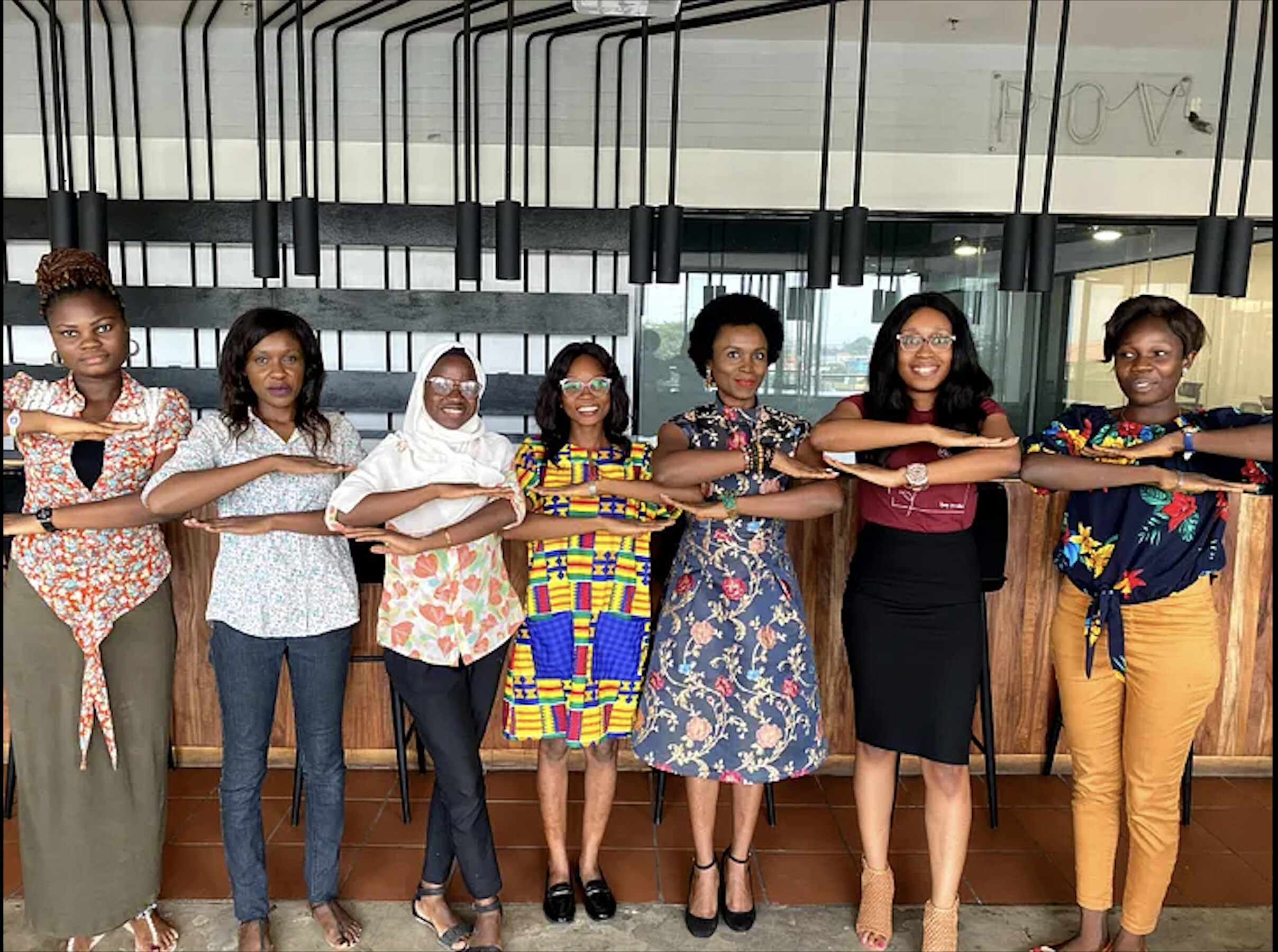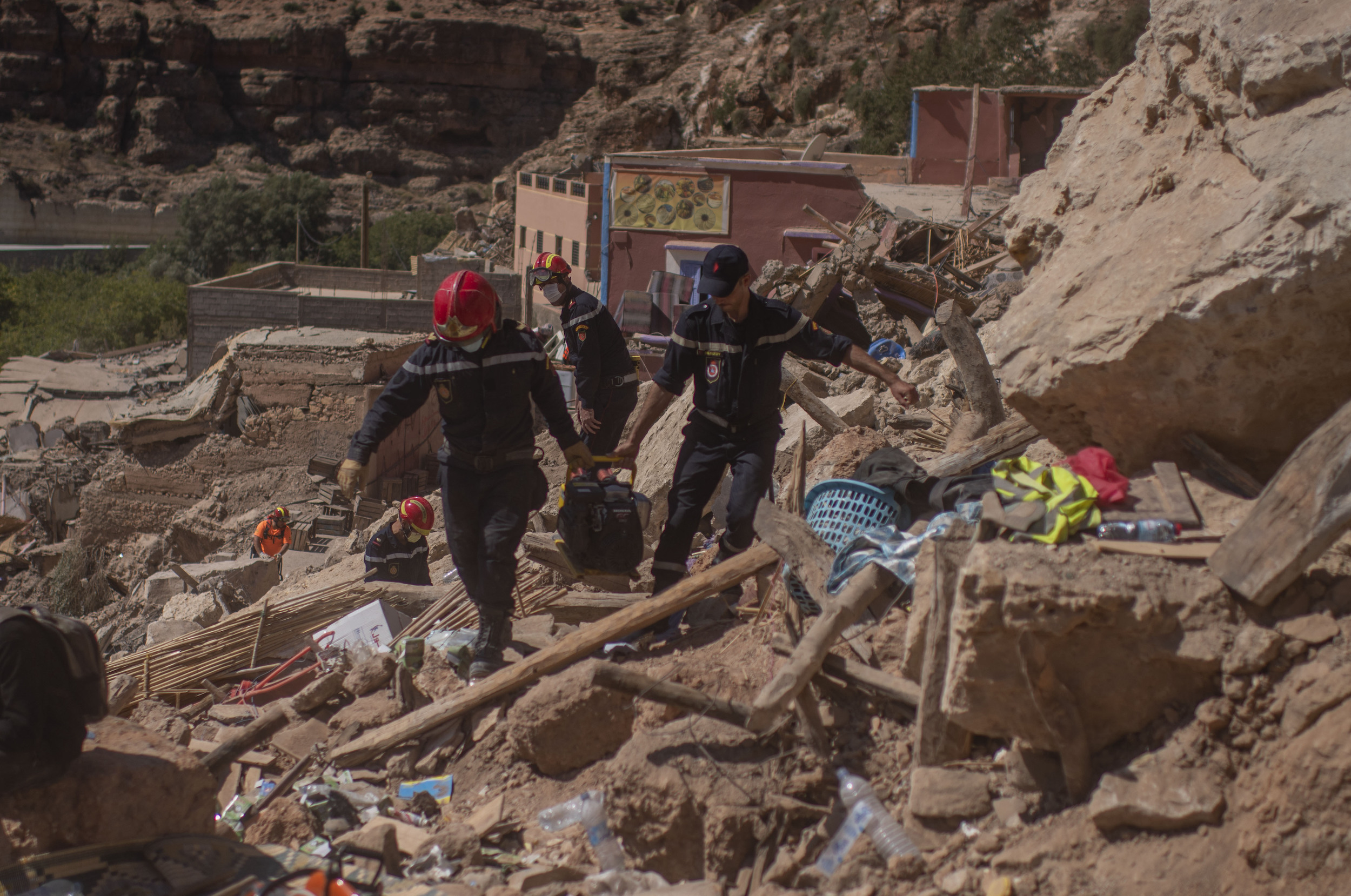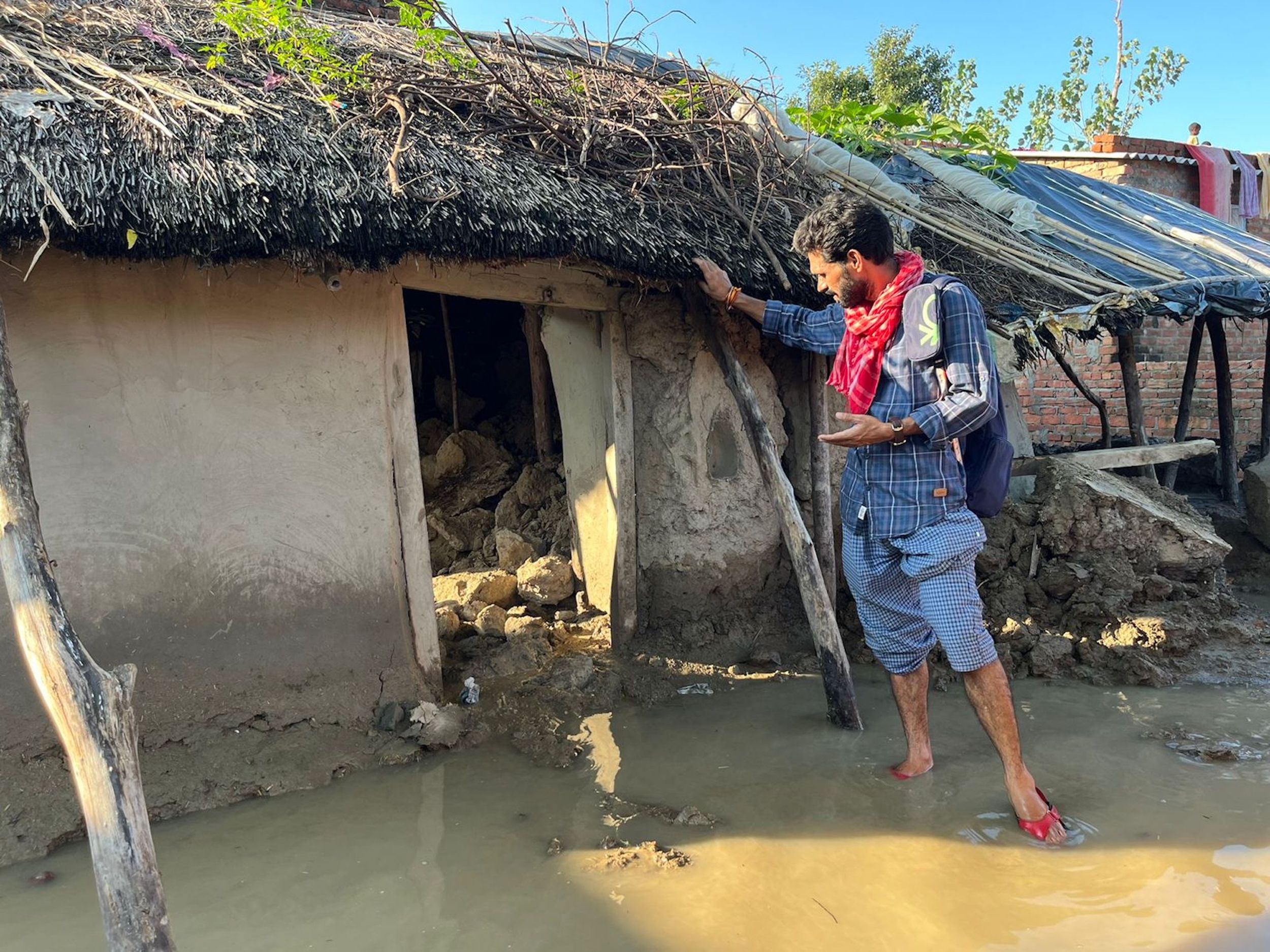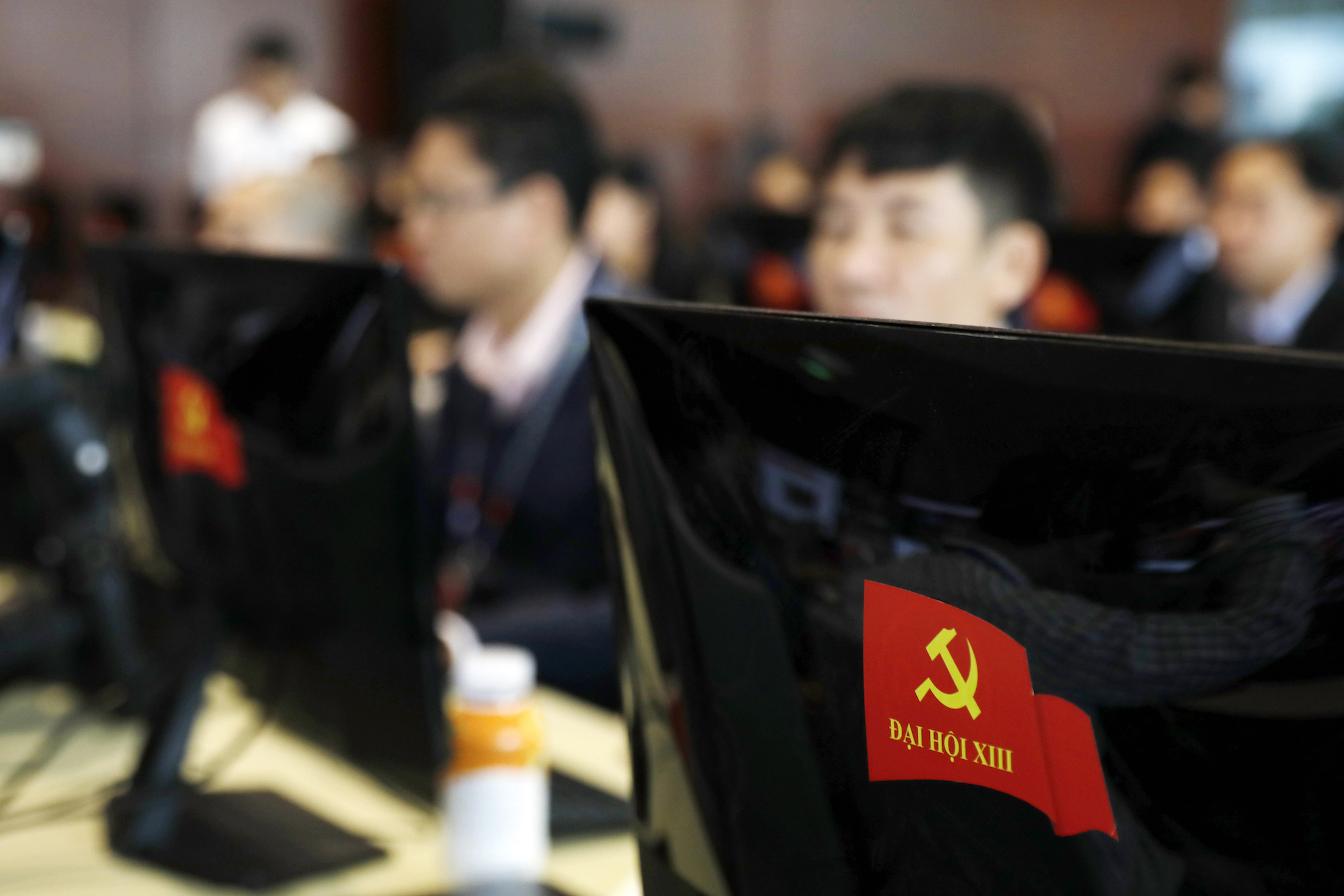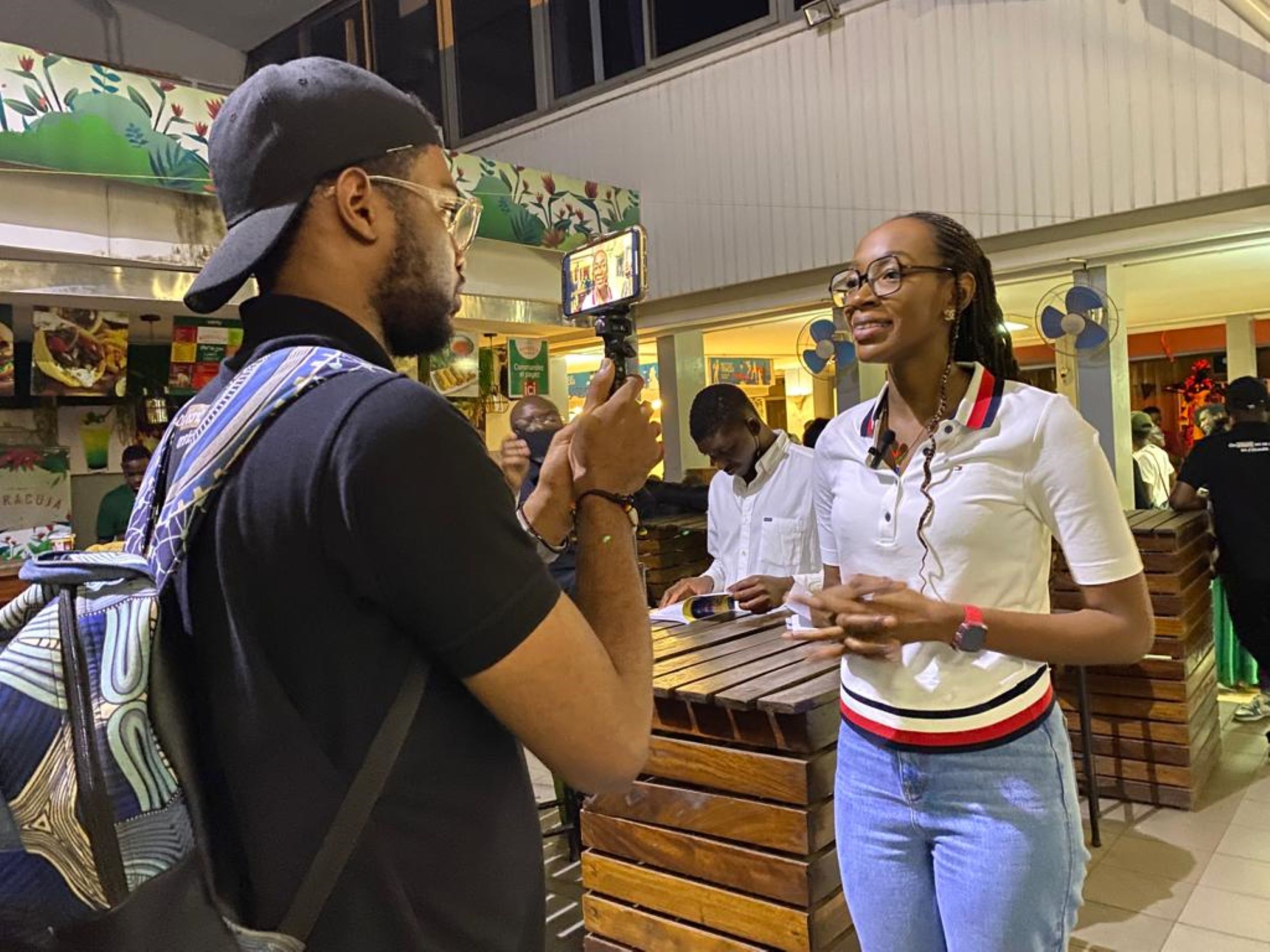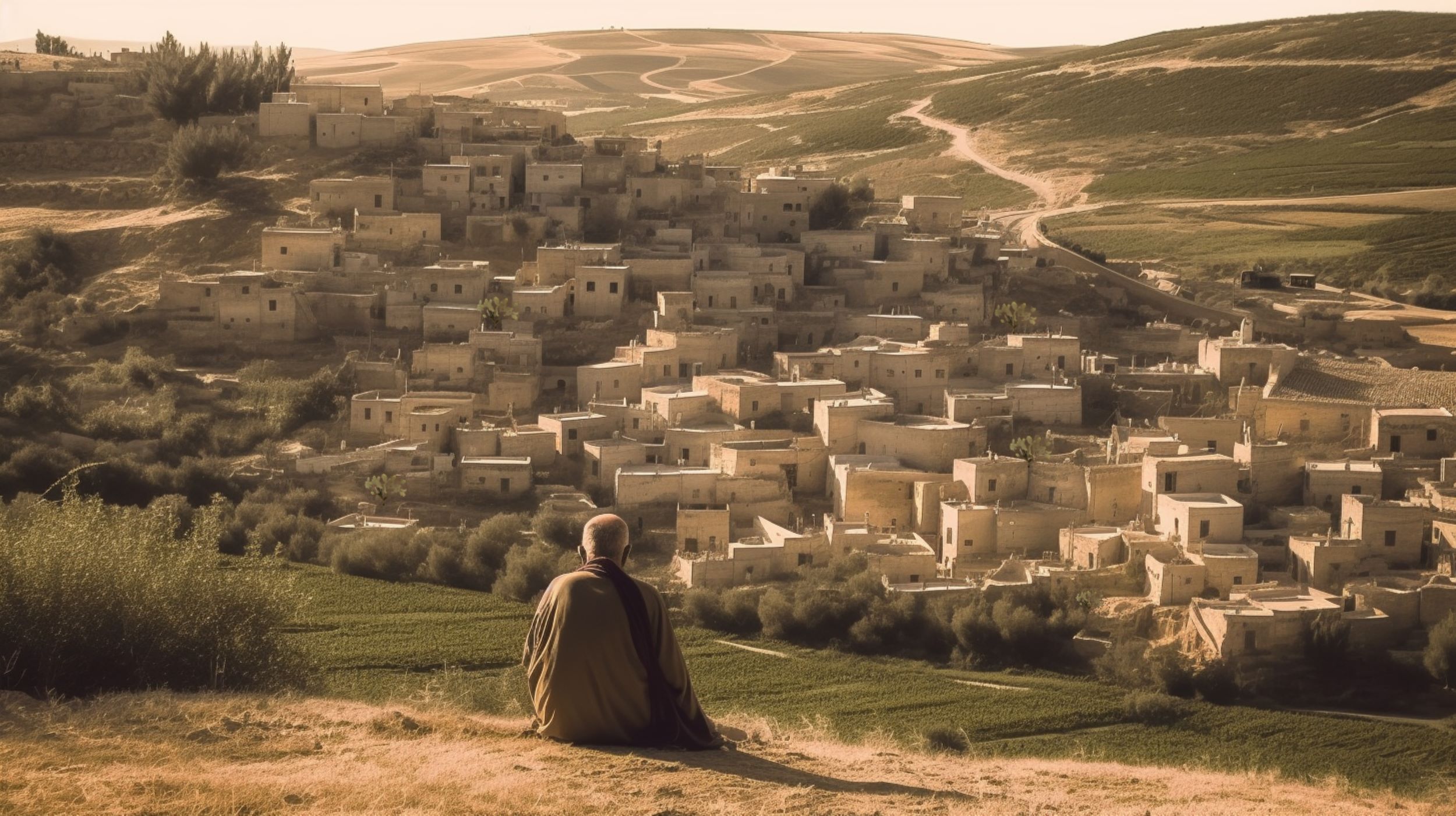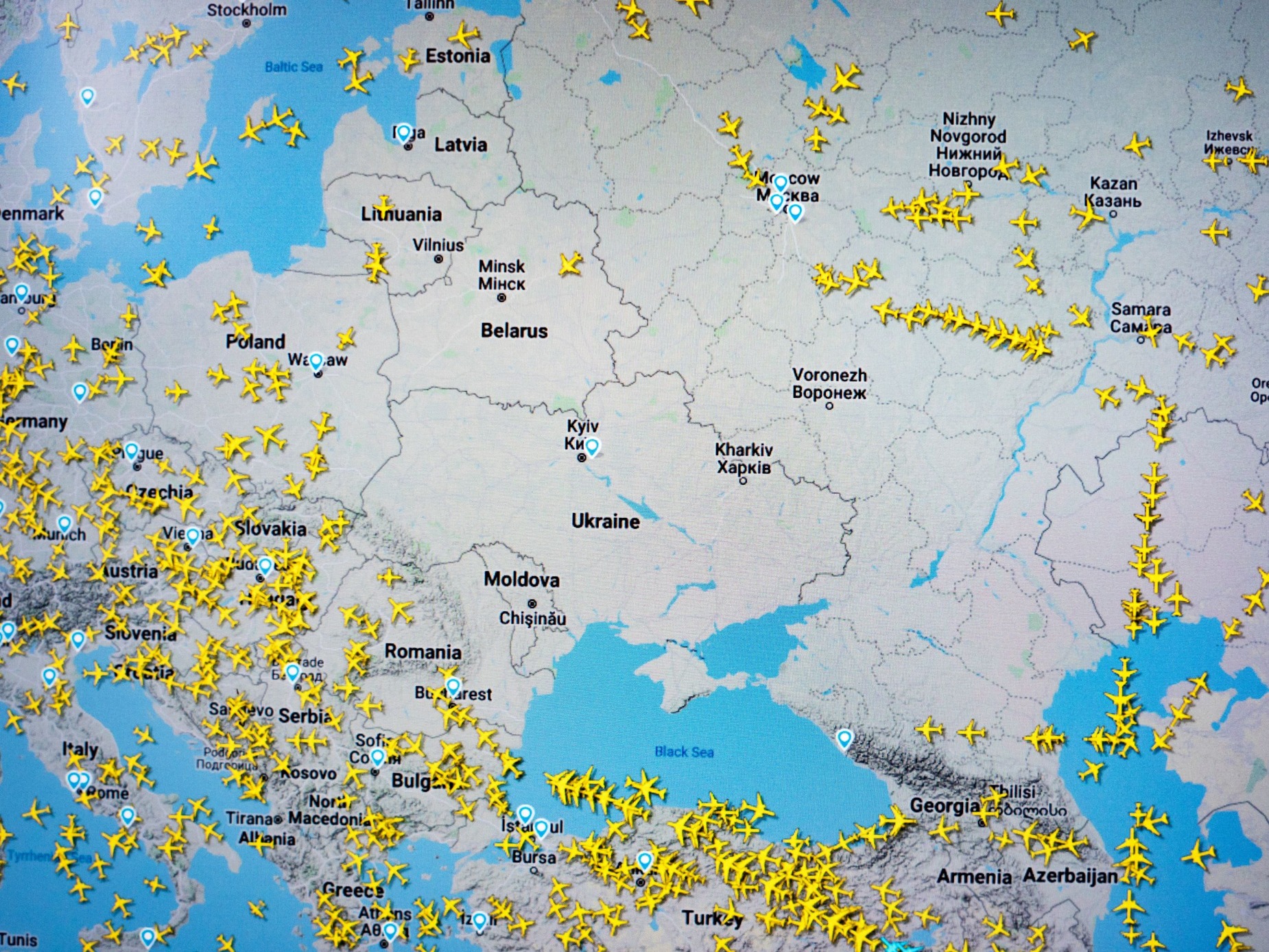في عام 1972، اكتشف عالما الاتصال "ماكّومبس" و"شو" (McCombs and Shaw) وجود علاقة ارتباطية بين طبيعة الأحداث التي يشاهدها العامة في الأخبار، وبين منظورهم تجاه الأحداث المهمة دون غيرها. هذه الدراسة أسست لما أصبح يعرف بنظرية ترتيب الأولويات (Agenda-Setting Theory)التي تفترض أنه كلما زاد تركيز وسائل الإعلام على قصة أو حدث معين، زاد احتلال تلك القصة مساحة في عقول المشاهدين بنفس القدر، أي أن هناك علاقة طردية بين حجم اهتمام الإعلام بقضية معينة وبين حجم اهتمام العامة بها. وعليه فإن النظرية تستند إلى فكرة أن وسائل الإعلام لديها القدرة على تحديد القضايا المهمة للجمهور.
ومع ظهور مواقع التواصل الاجتماعي، بدأ الكثير من الباحثين اختبار صلاحية هذه النظرية بعدما انتهت هيمنة الإعلام على المعلومة، وأصبح المواطن قادرا على الوصول إلى المعلومة، بل ونقلها، بمعزل عن أجندات الإعلام، لتنعكس المعادلة في كثير من القضايا التي ساهم مستخدمو مواقع التواصل تلك في جعلها ذات أهمية لدى وسائل الإعلام؛ بشكل جعلهم يفرضون أجندتهم على الإعلام. وفي حالات أخرى، كان لمواقع التواصل الاجتماعي والمدونات دور في نقل الروايات الأخرى للخبر، التي لا تعرض في وسائل الإعلام استنادا إلى اتجاهات السياسة التحريرية المنتهجة.
لكن السؤال الذي يبرز هنا هو: هل فعلا تحرر الجمهور من أجندات وسائل الإعلام، أم أنه أصبح يتأثر بها دون أن يكون مدركا لذلك؟
فضيحة "كامبريدج أناليتيكا".. أين جهاز التحكم؟
في ديسمبر/كانون الأول 2015، نشرت صحيفة الغارديان البريطانية تحقيقا أظهرت فيه أن حملة المرشح الأميركي الجمهوري تيد كروز تمكنت من الوصول إلى البيانات الشخصية لعشرات الملايين من مستخدمي موقع فيسبوك دون إذن منهم، وتحليلها نفسيا لمعرفة توجهات الناخبين المحتملين، ومن ثم توظيف تلك المعلومات في فيديوهات الحملة الانتخابية للمرشح؛ من خلال تركيزها على القضايا التي أشارت البيانات المجمّعة إلى أن الناخبين يهتمون بها.
وفي مارس/آذار 2018 وفي تحقيق آخر مشترك، كشفت القناة الرابعة البريطانية وصحيفة الغارديان البريطانية وصحيفة نيويورك تايمز الأميركية عن استحواذ شركة كامبريدج أناليتيكا على أكثر من 50 مليون حساب في موقع فيسبوك، واستغلال بيانات تلك الحسابات لتوظيفها في نظام يمكّن الشركة من التعرف على ميول الناخبين الأفراد في الولايات المتحدة، وبالتالي استهدافهم بدعاية سياسية يمكنها التأثير على قرارهم الانتخابي، ومن خلال استخدام صفحات توحي بأنها مستقلة ولا تتبع تيارا سياسيا معيّنا.
كشفت هذه الحادثة عن أسلوب جديد في تحديد الأولويات لدى الجمهور، وبشكل يمكننا القول إنه "مبدع"، وافتراض أنه أكثر إقناعا؛ نظرا لأنه جعل الجمهور يتعرض لدعاية سياسية موجّهة ومنظّمة دون أن يدرك ذلك، أو حتى يعلم الجهة المموّلة للصفحات التي تنشر تلك الدعاية.
وبالتالي، فقد الجمهور الحديث امتيازا مهمًّا كان يمتلكه جمهور الإعلام التقليدي، وهو إمكانية تحديد الوسيلة الإعلامية التي سيتعرضون لها، والتي يحددونها بناءً على تقارب توجهات تلك الوسيلة مع توجهاتهم الشخصية. وهذا يعني -بلغة أكثر وضوحا- أن جمهور مواقع التواصل الاجتماعي فقد جهاز التحكم عن بعد، الذي كان يمكِّن الديمقراطيين مثلا من الابتعاد عن وسائل الإعلام التي تدعم الجمهوريين، والعكس.
وفي حالة الدول غير الحرة صحفيا، فإن افتراضا يمكن أن يوضع تحت الاختبار البحثي، يدور حول مدى استقلالية المعلومات المتداولة على مواقع التواصل الاجتماعي عن أجندة السياسيين، لا سيما المحتوى الإعلامي الذي يرِد على منصات تدّعي الاستقلالية، وهل ذلك الخطاب المستقل الذي يقف في الضد من خطاب الإعلام الرسمي هو مستقل فعلا، أم أنه هو الآخر يعيد إنتاج ذات التضليل لخدمة أجنداته؟
كل هذا يجعلنا نطرح عدة تساؤلات مركبة وفي غاية التعقيد، حول حجم أثر نظرية تحديد الأولويات بعد ثورة التفاعلية في الإعلام، وهل فعلا ساهمت مواقع التواصل الاجتماعي في تحرير المعلومة من أجندة وسائل الإعلام التقليدية، أم أنها أعادت إنتاجها في قالب أكثر تأثيرا وغير ملموس لدى العامة، بل وساهم في جعل العامة يعتقدون أنهم يتعرضون للأخبار بانتقائية حرة، بينما هم في الواقع يتأثرون بأجندة إعلامية موجّهة؟
والأهم هنا، هو التساؤل الذي طرحه علماء الاتصال منذ سنوات: إذا كانت أولويات العامة لا تزال تتأثر بترتيب الأولويات الذي تحدده وسائل الإعلام، فمن يحدد أولويات السياسيين؟ أو من يحدد أولويات وسائل الإعلام؟












